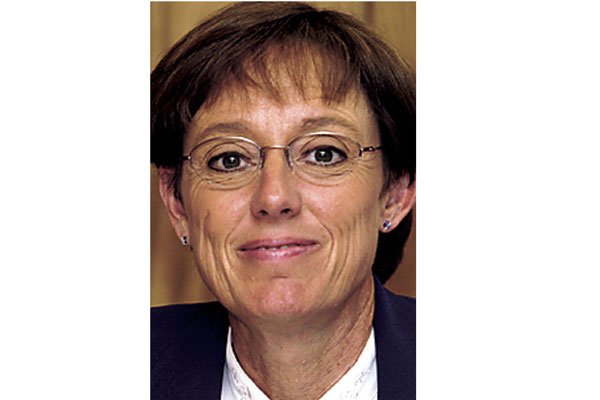In response to Governor Arnold Schwarzenegger’s massive,
across-the-board budget slashing, the Gilroy Unified School
District will be forced to adjust it’s expenses accordingly,
starting with a recommended freeze on all expenses and hiring,
staff announced.
In response to Governor Arnold Schwarzenegger’s massive, across-the-board budget slashing, the Gilroy Unified School District will be forced to adjust it’s expenses accordingly, starting with a recommended freeze on all expenses and hiring, staff announced.
Last week, Schwarzenegger declared a fiscal emergency in California and released a state budget proposal detailing the state’s projected $14.5 billion deficit for 2008-2009. Instead of considering any new taxes to close the gap, he suggests imposing severe cuts that will shave up to 10 percent off many programs, including education.
The proposed state budget provides no funding for the statutory cost-of-living adjustment, or COLA, estimated to be 4.94 percent and proposes to cut an additional 2.4 percent. In 2007-2008, a 4.53 percent COLA was funded. Additionally, Schwarzenegger proposes cutting a net 6.5 percent of funds to special education programs and categorically funded programs, including child development, nutrition and after school programs.
“We have a national and state economy that’s headed for a recession,” said Assistant Superintendent of Administrative Services, Steve Brinkman, in a presentation to the GUSD board of trustees. “California’s budget’s kind of in a mess. We have a much bigger challenge than anyone saw coming.”
Brinkman will be leaving GUSD and starting a new job with the Pasadena Unified School District on Feb. 4.
Principals have been notified of the dire state of the district’s finances due to the cuts and are advised to freeze all expenses until further notice.
What the $4 billion cut to the state budget could mean for Gilroy’s students is larger class sizes, fewer enrichment classes and less money allocated on a per-pupil basis, when California is already well below the national average of per-pupil expenditures. “Education Week” gave California a D+ for school funding.
“Our students and schools did not create the current budget problem, and their futures shouldn’t be ransomed because of it,” said David Sanchez, president of the California Teachers Association. “In the midst of progress in student learning throughout California, this budget represents a giant step backward.”
Brinkman recommended that staff communicates to all employees the magnitude of these numbers and impress upon them that “nothing is sacred.”
“I don’t know if there’s anything that has precedence now but obviously we have to protect the classroom,” he said.
Superintendent Deborah Flores and the board were bothered by the language of the recommendation, pointing out that freezing “all” expenses may not be realistic.
“Whenever I see the word all, it bothers me,” said Rhoda Bress, board president. “Can we really freeze all expenses?”
Flores suggested the idea of a soft freeze that would require staff with special needs to make their case directly to the cabinet with Flores and her supporting staff assessing their needs on a case-by-case basis.
A Feb. 7 board study session will further address the possibility of a midyear freeze and the extent of the action to be taken.













